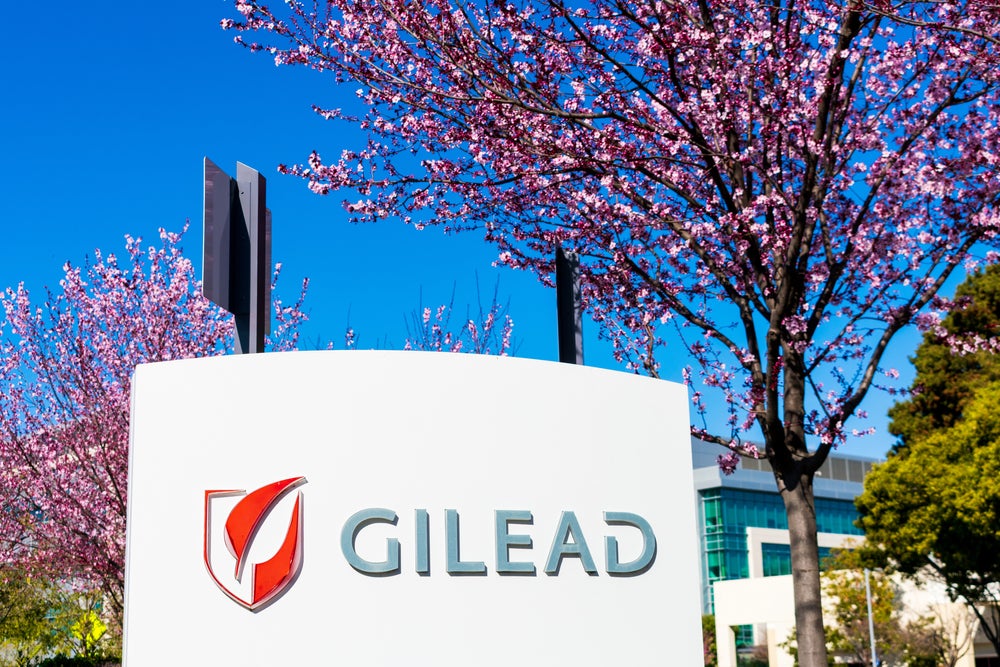Gilead advanced therapy medicine Yescarta (axicabtagene ciloleucel), has recently demonstrated efficacy and tolerability in patients with relapsed/refractory large B-cell lymphoma (R/R LBCL) who are ineligible for autologous stem cell transplantation (ASCT).
Following first-line therapy, 30–40% of LBCL patients will either experience relapse or recurrence. Of this group, an estimated 50% will be ineligible for ASCT.
Yescarta, a chimeric antigen receptor (CAR)-T cell therapy, utilizes genetically modified T-cells to target, bind, and kill CD19-expressing cancer cells, while also encouraging an immune response. The Phase II study ALYCANTE enrolled 62 patients who received the first line of therapy and are ineligible for ASCT. The trial was undertaken to ascertain whether Yescarta’s potency extends beyond second-line ASCT-eligible patients.
The ALYCANTE trial results, detailed in a Gilead press release on 18 September, showed a high percentage (71%) of patients achieving complete metabolic response (CMR) when compared to second-line chemoimmunotherapy based on historical controls (12%). The secondary endpoint analysis revealed a median progression-free survival (PFS) of 11.8 months.
Gilead reports impressive outcomes
These impressive outcomes add to Yescarta’s already venerable clinical data, which was previously displayed in the ZUMA-7 trial. The safety profile in this patient population was also consistent with previous clinical studies, with the most common grade 3–4 reactions being neutropenia, anemia, and thrombocytopenia. This data will help maintain Yescarta’s dominance in the LBCL market due to favourable results compared to other CAR-T cell therapies in this indication, enabling it to become a competitive option for patients who are ineligible for ASCT.
Currently Yescarta shares a portion of the R/R LBCL market with Bristol Myers Squibb’s Breyanzi (lisocabtagene maraleucel) as well as Novartis’s Kymriah (tisagenlecleucel).

US Tariffs are shifting - will you react or anticipate?
Don’t let policy changes catch you off guard. Stay proactive with real-time data and expert analysis.
By GlobalDataAccording to GlobalData’s patient-based forecast, predicted sales in B-cell non-Hodgkin lymphoma across the US, UK, EU, China, and Japan will reach $1.8bn for Yescarta, $1.3bn for Breyanzi, and $532m for Kymriah by 2031.
Based on the latest clinical data, it is becoming clear that Yescarta’s competitors will not surpass it in the R/R LBCL market. Despite this, Breyanzi represents some competition due to its Phase II trial, PILOT. This trial assessed Breyanzi’s performance in the same patient population as ALYCANTE, although the PFS data was inferior (9.03 months). The ALYCANTE trial is still ongoing, however, and if the three-year patient follow-up can demonstrate long-term efficacy and tolerability, it will solidify Yescarta as the mainstay treatment for ASCT-ineligible patients. This trial indicates the adaptable nature of CAR-T cell therapies and is helping to pave the way for a new treatment paradigm in an area of critical unmet clinical need.






